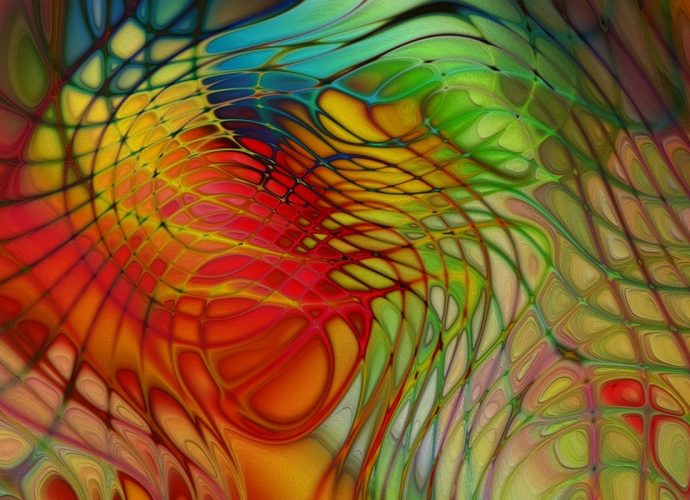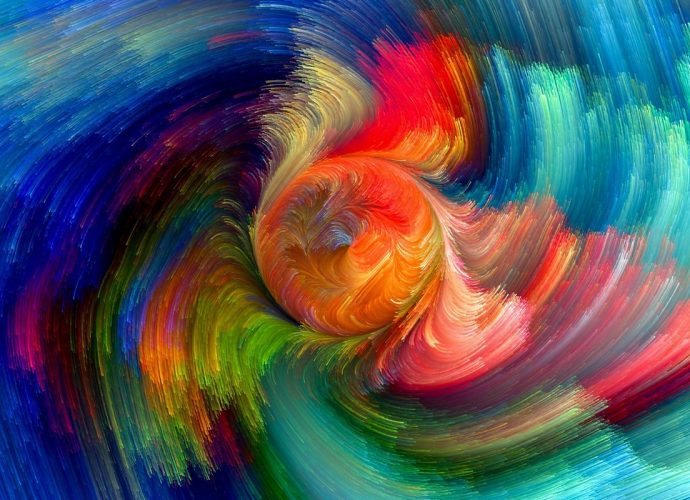Is Inflation A Noun Or Verb?
inflation. / (ɪnˈfleɪʃən) / noun. the act of inflating or state of being inflated. economics a progressive increase in the general level of prices brought about by an expansion in demand or the money supply (demand-pull inflation) or by autonomous increases in costs (cost-push inflation)Compare deflation. Is inflation a adjective?Read More →









